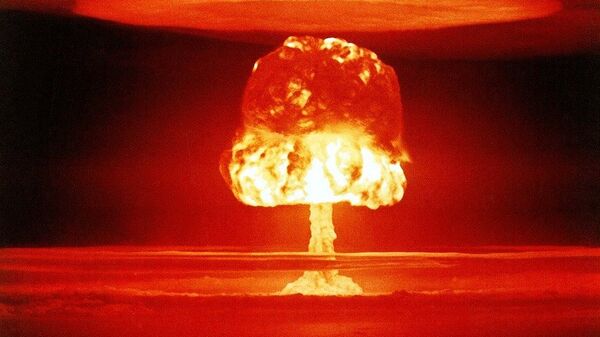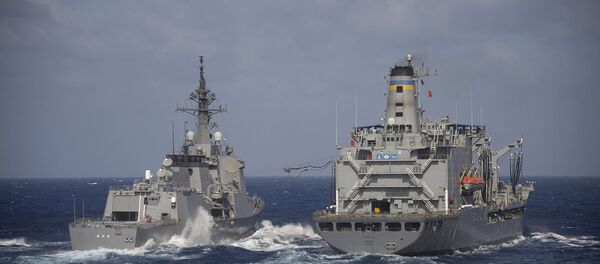The situation has played out tit-for-tat: North Korea insists the US is the aggressor, and that it has considered striking pre-emptively, even though its most recent missile test reportedly failed. The US sees North Korea as a rogue state that threatens the American homeland and America’s allies, such as South Korea, Japan, Australia or China.
The Japanese parliament has crafted measures to handle the protection of rights for newcomers, arrival protocols, temporary building shelters, and techniques for screening new entrants. About 60,000 Japanese nationals currently reside in South Korea. The are multiple actions Tokyo must take care of "in case of evacuees to Japan, such as protecting them, a process of landing, housing facilities and their management, and a screening whether our nations should protect them," Abe said.
The international community has been virtually unanimous in denouncing North Korea’s nuclear weapons program. "We’ll closely cooperate with the US and South Korea to change" the posture of North Korea, Abe said.
US Vice President Mike Pence said in comments Monday that the US would no longer follow a policy of “strategic patience” with regard to North Korea as previous administrations have done. "All options" are on the table, Pence emphasized, adding that diplomatic solutions are obviously preferable.
One issue that has come up is North Korea’s unwillingness to sit down at the negotiating table to work on a denuclearization agreement, like what Washington and Moscow have done with projects like START and New START.
It’d be futile to engage "dialogue for the sake of dialogue," Pence noted. "We need to put pressure on North Korea so that it will seriously respond to calls for dialogue," he said.



